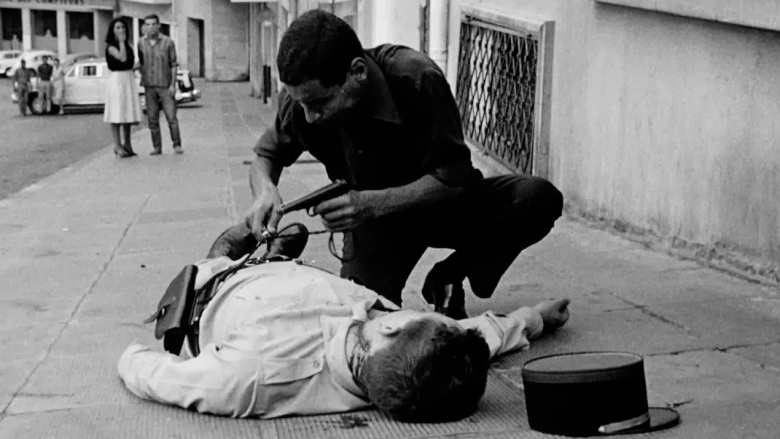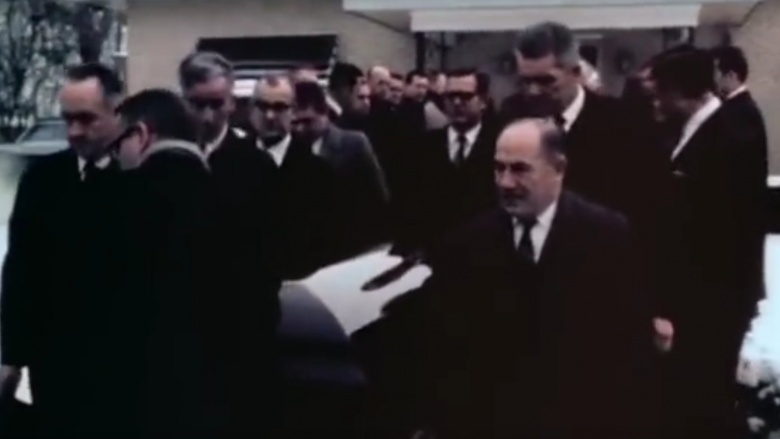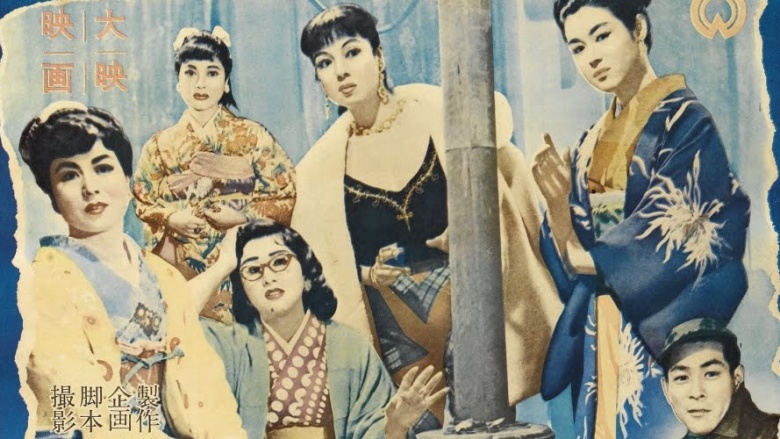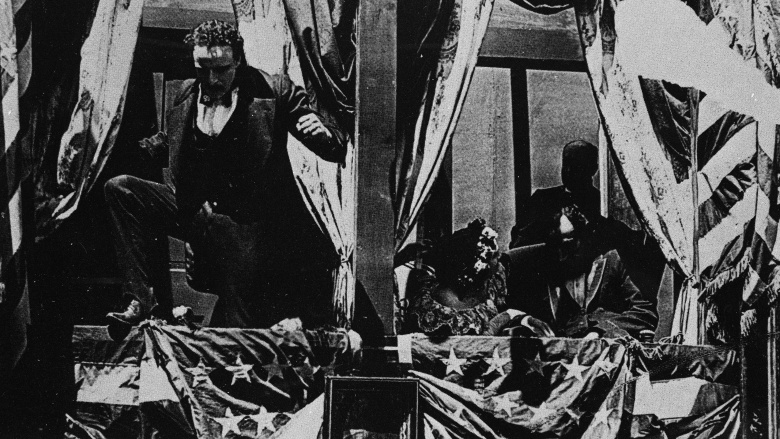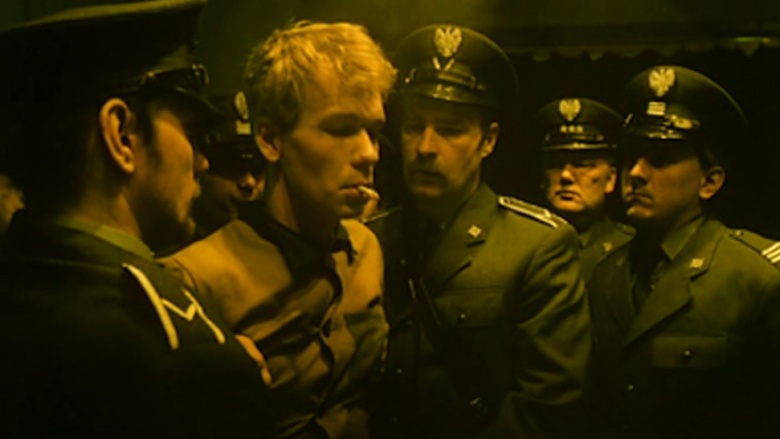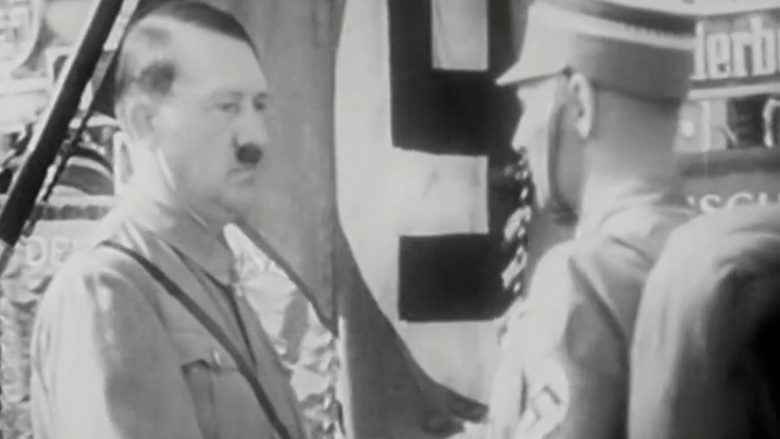Movies That Transformed Real-Life Politics
Most people go to the cineplex to get away from it all. You know, forget the real world and indulge in the spectacle of watching some guy shoot a giant gun at a gigantic CGI rabbit or whatever. It doesn't matter, right? It's just mindless entertainment, but not always. Every so often, a film comes along that does more than give some cheap thrills or cheaper laughs—it actually changes the world in a way that Rocket Raccoon just can't quite do blasting a firearm at a bunch of robots. Here's a look at some of the films that transcended the box office and transformed real-life politics.
The Battle of Algiers
One of the most influential documentaries ever made, 1966's The Battle of Algiers chronicled the Algerian War of Independence against France that took place from 1954-1957. While director Gillo Pontecorvo stated his intention was to provide a neutral look at both sides of the conflict, French authorities blasted him for being pro-Algerian. The movie was considered too politically dangerous to be shown in France. It was then banned from theaters for five years. Fortunately, it screened everywhere else, acting as a textbook for insurgencies—and counter-insurgencies—around the world. Everyone from the Black Panthers to the IRA reportedly studied the techniques displayed in the film, while the Pentagon screened it in 2003 as part of their training to defeat Iraqi guerrilla forces.
Alfie
The Michael Caine classic Alfie hit theaters in 1966, when abortion was still illegal in the United Kingdom. The outlawing of abortions made the movie's story even more shocking for audiences, as the climax of the film revolves around one of Alfie's flings getting pregnant and having a traumatic, illegal abortion. The public wasn't just scandalized, though—it was also moved. Just a year later, Parliament passed The Abortion Act 1967, which legalized abortion in the United Kingdom by licensed physicians, while also outlawing dangerous illegal backstreet abortions like the one shown in Alfie.
Harlan County, USA
When director and producer Barbara Kopple visited Harlan County, Kentucky, in 1972, she didn't intend to become part of the story. In fact, she didn't even intend for the story to become part of the story: she initially went there to film footage for a proposed documentary about infighting within the United Mine Workers of America. Instead, she ended up becoming intimately involved in a strike by the UMWA over coal mining conditions, capturing several violent confrontations on film. Those involved in the strike credit the presence of her cameras with preventing further bloodshed, forcing both sides to the negotiation table. Her film won an Oscar for Best Documentary and sparked industry reform as well as union support.
Street of Shame
Directed by Kenji Mizoguchi, 1956's Street of Shame tells the interconnected stories of five female sex workers toiling away in Tokyo's seedy underbelly. The film, which both dramatized and humanized the lives of women who had been an afterthought in Japanese society, struck a nerve with audiences and politicians alike. Just a few months later, responding to public pressure, the Japanese government passed a comprehensive anti-prostitution law. How effective the legislation actually was is a matter for debate; but the influence of Street of Shame isn't.
Birth of a Nation
One of the most influential movies in American history, D.W. Griffith's magnum opus Birth of a Nation revolutionized the art of filmmaking when it hit theaters in 1915, becoming an instant cultural phenomenon. This was a problem given that a good portion of the film is essentially racist propaganda touting the heroism of the Ku Klux Klan. The film's massive popularity spawned a nationwide KKK revival and spurred numerous bits of racist legislation on every level of government. President Woodrow Wilson not only screened the film privately for his cabinet at the White House, he was actually quoted at length in the film's subtitles. As a result, race relations were set back by a generation or more.
Rosetta
Jean-Pierre and Luc Dardenne's 1999 film about a 17-year-old girl attempting to escape a life of poverty and desperation drew widespread praise, winning the coveted Palme d'Or at the Cannes Film Festival. Its portrayal of the working conditions for exploited teen workers, though, was a particular point of interest for viewers in Belgium. Spurred by the film, the Belgian legislature reviewed their child labor laws and changed the laws to ensure underage workers received at least the same minimum wage as adults.
A Short Film About Killing
Krzysztof Kieslowski's A Short Film About Killing is one of those films that isn't much fun to watch, but is so well done and important that you feel compelled to see it even though you know you aren't going to actually like it. In other words, a message movie. And boy, did A Short Film About Killing deliver its message. The Polish film, which compares and equates the actions of a brutal murderer with the actions of the state which executes him for his crime, debuted right as a fierce debate over the death penalty was raging in Poland. Audiences were upset by the film's arguments, but were also swayed by them; the movie is widely credited with swinging the debate and leading to the abolition of the death penalty in Poland.
A Handful of Ash
Some stars talk about how "grueling" the shoot of their latest blockbuster is. But you want to know about a grueling film shoot? Take a look at the groundbreaking 2007 documentary, A Handful of Ash. Shara Amin and Nabaz Ahmed spent over a decade interviewing women and men about the destructive terror of female genital mutilation in Kurdistan. And their 10+ years of dedication was worth it. A Handful of Ash was screened in the Kurdish parliament, which responded by making female genital mutilation illegal in Kurdistan, proving that movies can make a difference.
Triumph of the Will
Arguably the most infamous film of all time, Triumph of the Will is also the most successful propaganda movie ever made. Creator Leni Reifenstahl's 1935 ode to the Nazi party and Adolf Hitler was wildly popular in Germany, romanticizing the notion of Aryan supremacy and rallying people to support Hitler's burgeoning Nazi regime. Triumph of the Will helped Hitler consolidate power, establishing a broad populist base of adoring fans charmed by the film's powerful images and story. Not all movies have a happy ending.

